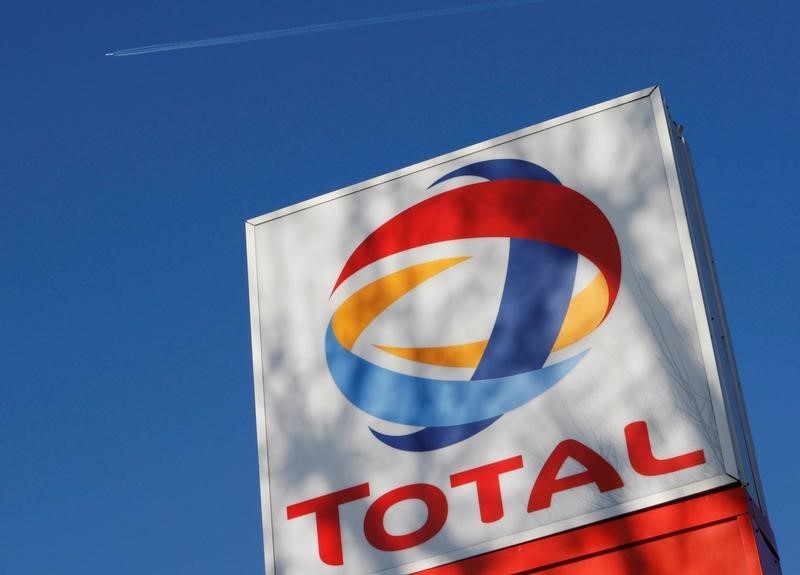By Bate Felix
PARIS (Reuters) - Oil and gas giant Total could start the second phase of its Incahuasi gas project in Bolivia as early as 2017 if the right market conditions and incentives for investments are in place, the company's director for the Americas said on Friday.
The $1.2 billion Incahuasi gas and condensate project which will officially be inaugurated on Friday, began production at three wells in August.
Total aims to ramp output to more than 7 million cubic meters of gas per day by the end of September, about 10 percent of Bolivian production, from 5.2 million as soon as a compressor is added to increase pressure, Michel Hourcard told Reuters.
He added that good quality condensate - the liquid byproduct of gas that can be made into motor fuels - was also being shipped from Incahuasi, helping to generate cash.
"We are preparing assessment for phase two of the project. We have said that we will carefully monitor the performance of the field. Depending on the market and conditions in Bolivia, we will be ready to launch phase two in early 2017," he said.
Hourcard said Total was hoping to get the same conditions that enabled it to control costs and complete phase one within budget in the prolonged low oil price environment that has seen companies slash investments and suspend projects.
"There is no magic recipe. There is no hope for projects if we cannot control costs in everything especially with oil below $50 per barrel," he said.
The Bolivian government of President Evo Morales has said Total has committed about $800 million for phase two.
Incahuasi is expected to reassure the market over the Andean nation's ability to meet both export and internal gas demand.
The project is operated by Total which owns 50 percent, alongside partners Gazprom (MCX:GAZP) with 20 percent, Tecpetrol with 20 percent, and YPFB Chaco with 10 percent.
Hourcard said about 90 percent of the gas from Incahuasi was destined for export, mostly to Argentina and Brazil via a 100 kilometre pipeline.
ARGENTINA GAS DEBATE
Hourcard said that Total and other companies were in talks with the government in Buenos Aires to bring more projects on stream but that will depend on the price of gas.
This has become a hot political issue and Argentina's Supreme Court ruled in August that the government must hold public hearings before reducing home heating gas subsidies.
Hourcard said Argentina was in need of gas despite its vast resources, including the Vaca Muerta shale reserves which are considered the world's second-largest after the United States.

"The need for Argentina to develop its own gas resources does not wipe out the need for additional gas from the outside, and a stable source of gas from Bolivia to Argentina is something that is solid and we are happy to have found Incahuasi which will help stabilise the market," Hourcard said.